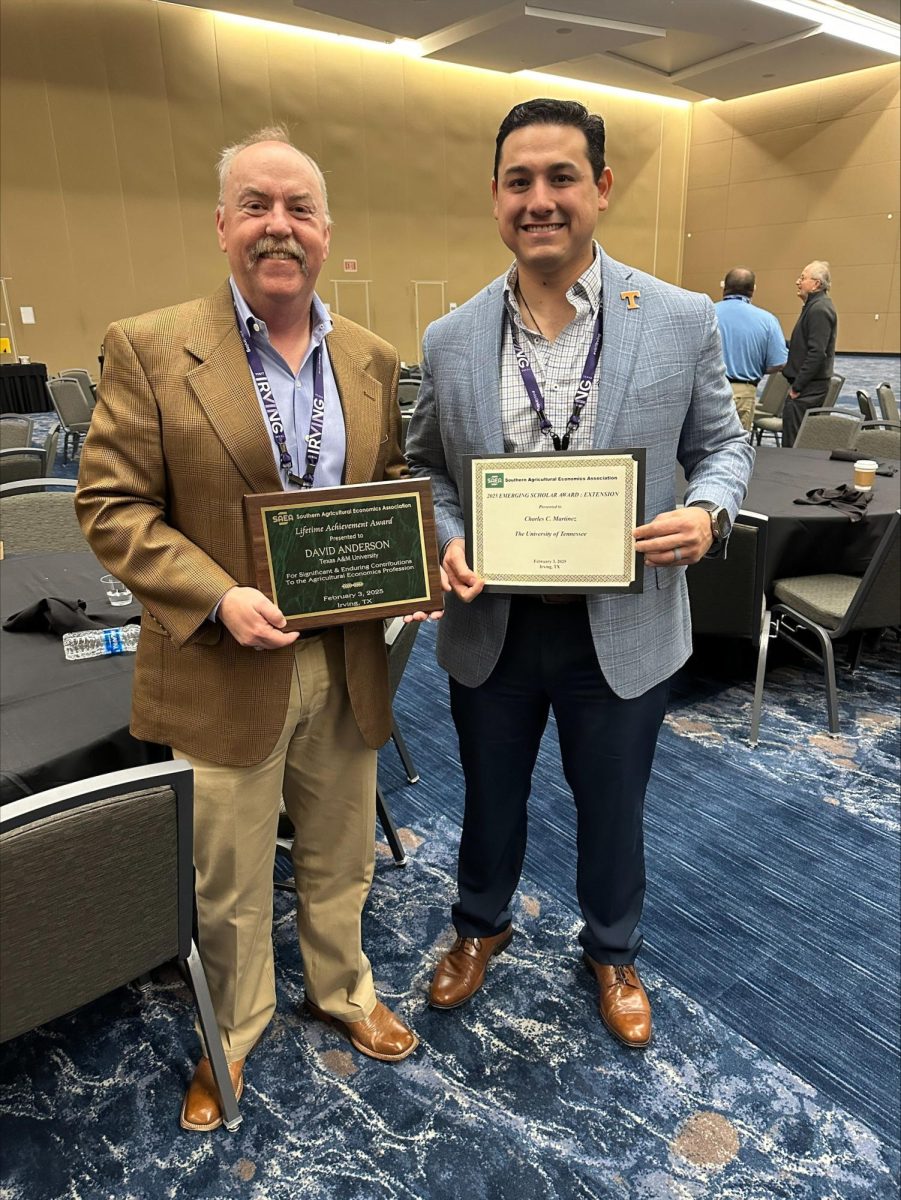In honor of the 400th anniversary of William Shakespeare’s death, a distinguished English professor at the University of Texas will give a lecture about the mysteries the playwright left behind.
Award-winning professor Douglas Bruster will present a lecture titled “Shakespeare Today” that will shed light on the fact that there is still much to learn about both. The presentation coincides with the First Folio exhibit at A&M from March 8 to April 3. The First Folio, published in 1623, is one of the first collected editions of 36 Shakespearean plays.
Bruster said his lecture will hint at a new discovery in Shakespearean research, but he doesn’t want to give too much away yet.
“Students should be prepared to find out that no one really knows much about anything — professors included,” Bruster said. “But I hope to share with them a discovery about a play left out of the First Folio. A&M students will be the first to hear about it.”
Bruster said the talk will address what can still be learned from Shakespeare today.
Laura Estill, assistant professor of English and editor for the World Shakespeare Bibliography database, said Bruster’s lecture will help build partnerships across the state.
“One of the great things about his lecture is that it is building the fantastic partnerships that we have across the state,” Estill said. “It is really important for us to be bringing people in. We have the Austin Shakespeare coming and EmilyAnn Theatre coming. We have collaborators from all over.”
Kevin O’Sullivan, curator of modern literature at Cushing Library, said Bruster’s lecture will provide a great chance to learn about Shakespearean research.
“I think it’s a great opportunity to hear about some exciting work that is going on today with an accomplished scholar,” O’Sullivan said. “Hopefully it will be a good opportunity for students here and members of the public to learn a little bit more about Dr. Bruster’s contribution to the Shakespeare research that is ongoing.”
Estill said attendees don’t have to be familiar with Shakespeare’s work to appreciate Bruster’s lecture.
“Things to keep in mind are to have an open mind,” Estill said. “You don’t have to do any reading in advance, you don’t have to have taken a Shakespeare course before, you don’t have to have even seen anything performed, or even seen the Folio yet.”
Estill said she hopes audience members realize how relatable Shakespeare still is after attending Bruster’s lecture.
“What I want people to come away with is the idea that Shakespeare is not just old, stodgy and unrelatable,” Estill said. “Shakespeare is as vibrant today as he was over 400 years ago.”
Bruster’s lecture will be held at 4 p.m. Tuesday in Rm. 453 of the Liberal Arts and Humanities Building. Admission is free to the public.










